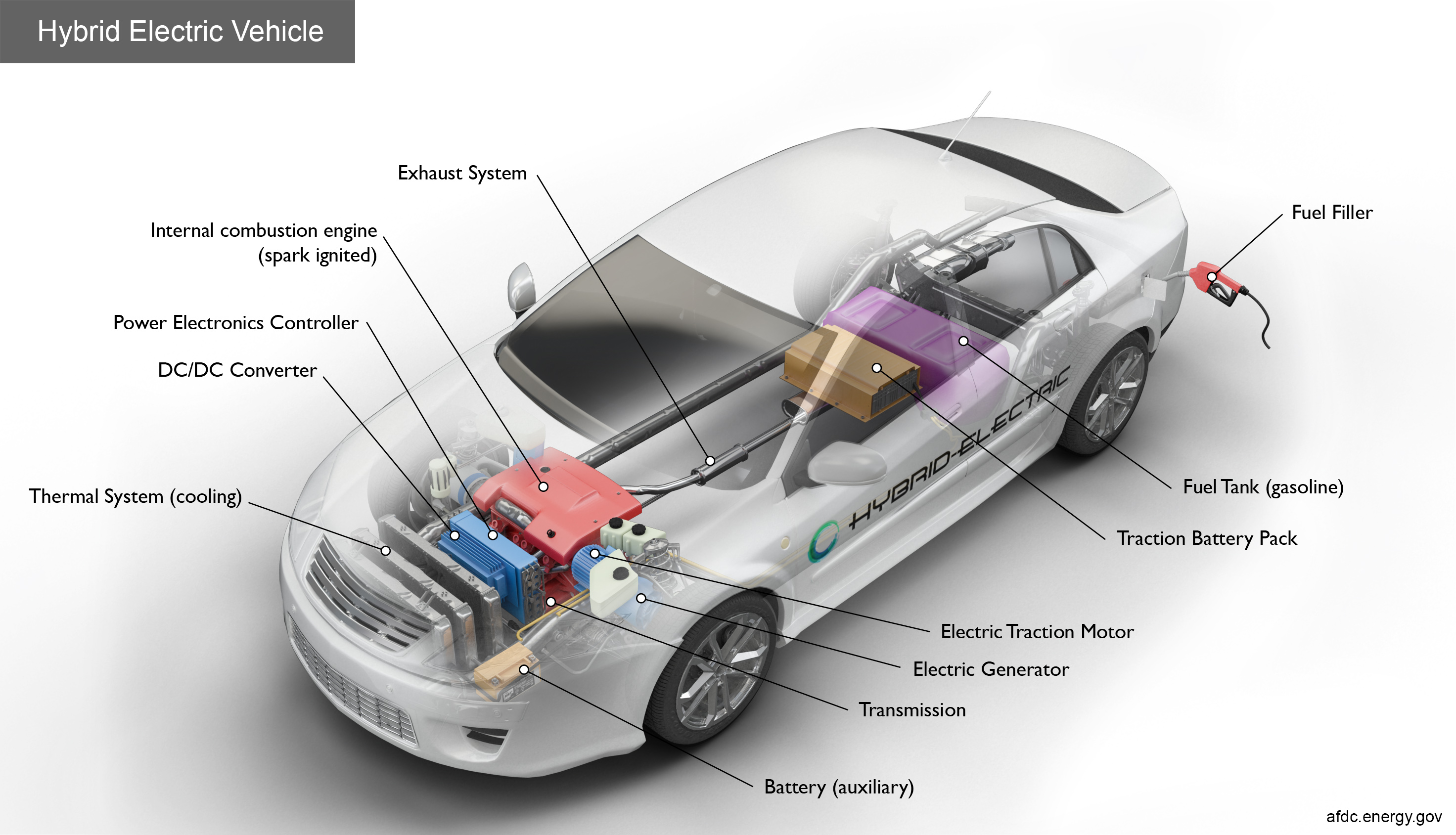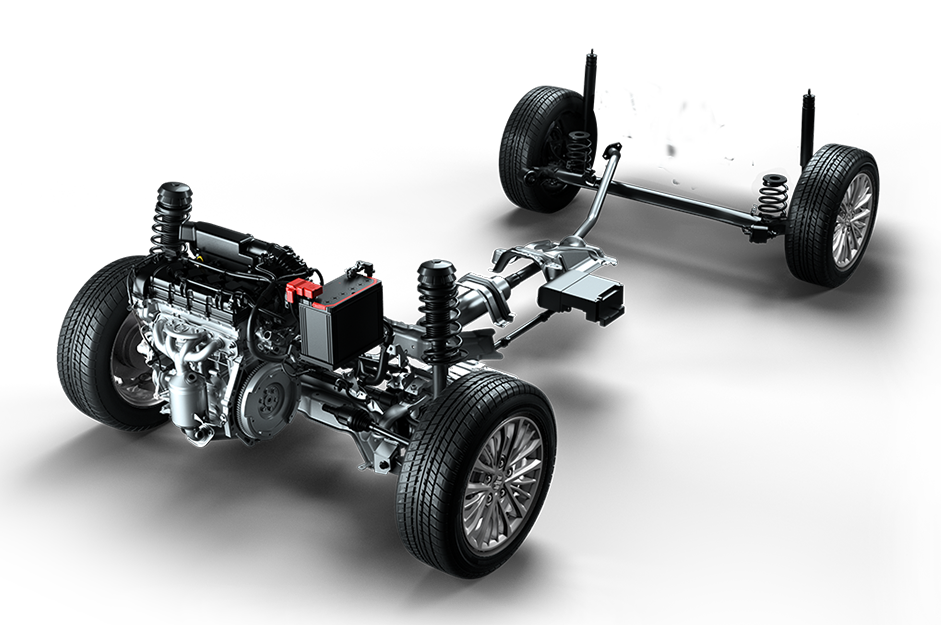Comparative Analysis of Hybrid Vehicles and Traditional Gasoline Vehicles
Introduction:
Hybrid vehicles have gained significant attention as an alternative to traditional gasoline vehicles due to their potential to reduce emissions and improve fuel efficiency. This comparative analysis aims to explore the advantages and disadvantages of hybrid vehicles over traditional gasoline vehicles. By examining various aspects such as environmental impact, fuel efficiency, performance, cost, and technological advancements, this study aims to shed light on the potential benefits of hybrid vehicles and their impact on the automotive industry and the environment.
Environmental Impact:
One of the key advantages of hybrid vehicles is their reduced environmental impact. Hybrid vehicles combine an internal combustion engine with an electric motor, resulting in lower emissions compared to traditional gasoline vehicles. By utilizing electric power during low-speed driving or idle situations, hybrid vehicles reduce the amount of gasoline consumed and emissions produced. This reduction in emissions contributes to improved air quality and helps mitigate climate change, making hybrid vehicles a greener option.
Fuel Efficiency:
Hybrid vehicles are known for their superior fuel efficiency compared to traditional gasoline vehicles. This is primarily due to their ability to harness energy through regenerative braking systems and engine optimization. Regenerative braking allows the electric motor to capture and store energy during braking, which can later be used to power the vehicle. Additionally, hybrid vehicles employ advanced engine technologies, such as variable valve timing and start-stop systems, to optimize fuel consumption. These features, combined with the use of electric power, result in higher miles per gallon (MPG) and reduced dependence on gasoline.
Performance:
In terms of performance, hybrid vehicles have made significant advancements in recent years. Early hybrid models were often criticized for their lack of power and acceleration. However, modern hybrid vehicles have overcome these limitations. With advancements in battery and electric motor technologies, hybrid vehicles now offer comparable acceleration and power to their gasoline counterparts. Additionally, hybrid vehicles provide a longer driving range due to the combination of the internal combustion engine and electric motor. Furthermore, the battery life and maintenance requirements have improved, ensuring reliable performance and longevity.
Cost Analysis:
The cost of hybrid vehicles has been a significant consideration for consumers. While hybrid vehicles tend to have a higher initial cost compared to traditional gasoline vehicles, the long-term savings on fuel and maintenance costs can offset this difference. Hybrid vehicles consume less gasoline, resulting in lower fuel expenses over time. Moreover, hybrid vehicles require less maintenance on components such as brakes and oil changes, contributing to potential cost savings. Additionally, the resale value of hybrid vehicles has shown to be relatively high due to their popularity and demand in the used car market.
Technological Advancements:
Technological innovations have played a vital role in the development of hybrid vehicles. Battery technology has witnessed substantial improvements, resulting in higher energy storage capacity and longer electric driving ranges. Lithium-ion batteries, used in most modern hybrid vehicles, offer higher power density and are more compact compared to earlier battery technologies. Furthermore, advancements in electric motor technology have led to increased efficiency and power output. Additionally, plug-in hybrid electric vehicles (PHEVs) have emerged as a hybrid vehicle variant that allows for extended electric driving range by enabling the vehicle to be charged from an external power source.
Market Trends and Consumer Acceptance:
The global market for hybrid vehicles has witnessed significant growth over the years, driven by increasing environmental awareness and government incentives. Many countries have implemented policies and incentives to promote the adoption of hybrid vehicles, including tax credits, rebates, and reduced registration fees. These measures aim to encourage consumers to choose hybrid vehicles over traditional gasoline vehicles. Furthermore, consumer perception and acceptance of hybrid vehicles have improved, with more individuals recognizing the benefits of reduced emissions and fuel savings. As a result, hybrid vehicles have gained popularity among environmentally conscious consumers.
Limitations and Challenges:
Despite the numerous advantages, hybrid vehicles still face certain limitations and challenges. Battery recycling and disposal pose environmental concerns, as the disposal of hybrid vehicle batteries requires specialized procedures to minimize environmental impact. Furthermore, the availability of charging infrastructure is crucial for the widespread adoption of hybrid vehicles. Although charging stations are becoming more prevalent, the infrastructure still needs further development to accommodate the increasing demand. Additionally, the availability of hybrid vehicle models is limited compared to traditional gasoline vehicles, which may limit consumer choices.
Future Outlook:
The future of hybrid vehicles appears promising, with ongoing technological innovations and advancements. Battery technology is expected to continue improving, resulting in higher energy density, longer driving ranges, and reduced costs. Moreover, advancements in electric motor technology and the development of more efficient powertrains will further enhance the performance of hybrid vehicles. As governments and societies prioritize sustainability and environmental preservation, the demand for hybrid vehicles is likely to increase. Consequently, the automotive industry is expected to invest more resources into the development of hybrid vehicles, driving further innovation and market growth.
Conclusion:
This comparative analysis has highlighted the advantages and disadvantages of hybrid vehicles over traditional gasoline vehicles. Hybrid vehicles offer several benefits, including reduced emissions, improved fuel efficiency, and competitive performance. Although hybrid vehicles may have a higher initial cost, the long-term savings on fuel and maintenance expenses can make them a cost-effective choice. Technological advancements, coupled with favorable market trends and consumer acceptance, contribute to the growth and future prospects of hybrid vehicles. With continued research and development, hybrid vehicles have the potential to become a prominent solution in the transition towards a greener and more sustainable transportation sector.





































